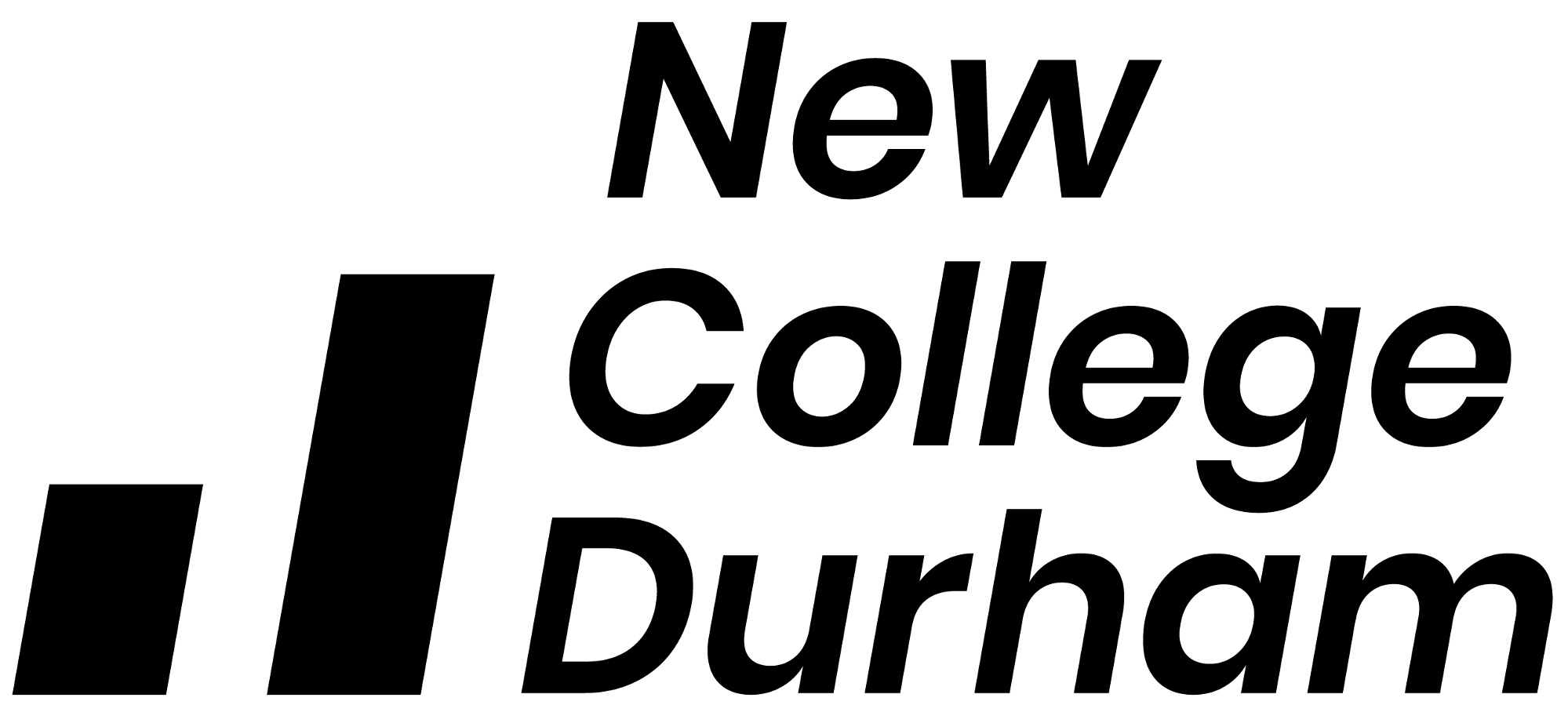The New College Durham Academic Regulations for the awards of Foundation Degree (Academic Regulations), stipulate that for successful completion of this award a student will need to accumulate 240 credits, of which 120 credits will be at Level 4 and 120 credits will be at Level 5.
Credits are awarded for the achievement of the specified learning outcomes of the module. Credit is accumulated sequentially, by level. No additional credit can be awarded for achievement above the threshold level although such achievement is recognised through the award of marks.
Where a student is unable to complete the full award and they have accumulated at least 120 credits at level 4 and may have achieved some but not all credits at level 5, they will be they will be eligible to receive a Certificate of Higher Education contained award.
The key objectives of New College Durham Technology Enhanced Learning
Strategy are to:
- Deliver innovative and flexible teaching, learning and assessment making the best use of technology and digital learning.
- Embrace and implement blended learning via a constructive and supportive strategy.
- In support of on-site / face to face delivery methods and assessment strategies the programme will utilise
‘blended learning strategies’. Such activities will comply with the OfS condition B1: Academic experience/ B2: Resources, support and student engagement/ B4: Assessment and award / B7: Quality and B8: Standards.
- Support staff to undertake a re-framing of the methods of teaching and supporting students to build confidence in relation to remote and online learning, lesson/programme design and supporting students digitally.
- From the outset of their studies, engage students in digital learning opportunities, in readiness for future employment.
New College Durham’s approach to teaching and learning provides a framework to develop a culture of continuous improvement, reflection, and high-quality delivery for all students. The framework recognises that investment in staff and their continuous professional development is integral to the progress, experience and achievements of our students and highlights the importance of staff maintaining “dual professional” status through developing both the subject specific knowledge and experiences and combining that with evidence-based practice in the classroom with a focus on acquisition of skills and long-term retention of knowledge. This will be achieved through Industry updating and Work Project facilitation working closely with stakeholders. The nature of the programme is directly applicable to work situations and theory is related to practical work-based situations, where possible. Each individual module will use different teaching and learning strategies depending upon the nature of the subject. The teaching and learning methods will include a combination of different approaches including but not limited to:
- Lectures: The purpose of a lecture is to introduce the relevant theories/knowledge of the individual topic areas within a subject
- Blended Learning: An educational approach that combines traditional face-to-face classroom instruction with online learning activities. It’s a mix of in-person teaching and digital learning tools, allowing students to engage with course materials, instructors, and peers both physically and virtually. In a blended learning environment, students might attend lectures or discussions in person, participate in group activities, or have face-to-face interactions with tutors, while also accessing supplementary materials, submitting assignments, and engaging in discussions online through a learning management system (e.g.: Teams) or other digital platforms. Integration of a blended learning approach will be implemented through the programme and modules of study. The programme team will ensure a consistent and effective strategy, to support student needs and comply with sector demands. The programme aims to comply with the OfS and conditions B1: Academic experience/ B2: Resources, support and student engagement/ B4: Assessment and award / B7: Quality and B8: Standards.
- Workshops/Seminars: The purpose of the workshop/seminar is to develop the students understanding of the theories from the lectures by using case studies, role-plays, and exercises.
- Academic Tutorials: The purpose of the tutorials is to develop study/academic skills, for example, research/information gathering. The development of these study/academic skills will assist in your learning throughout the programme. Academic Tutorials are embedded into each module so that students have the benefit of discussing their progress and aspirational targets and can gain the guidance and support to achieve.
- Pastoral Tutorials: As students will be involved in dealing with mental health issues and strategies it is felt important that Pastoral support is embedded into the programme. As part of the Work-Related Project modules, students will have group and individual opportunities to debrief after carrying out an activity ensuring that their own mental health needs are also met.












